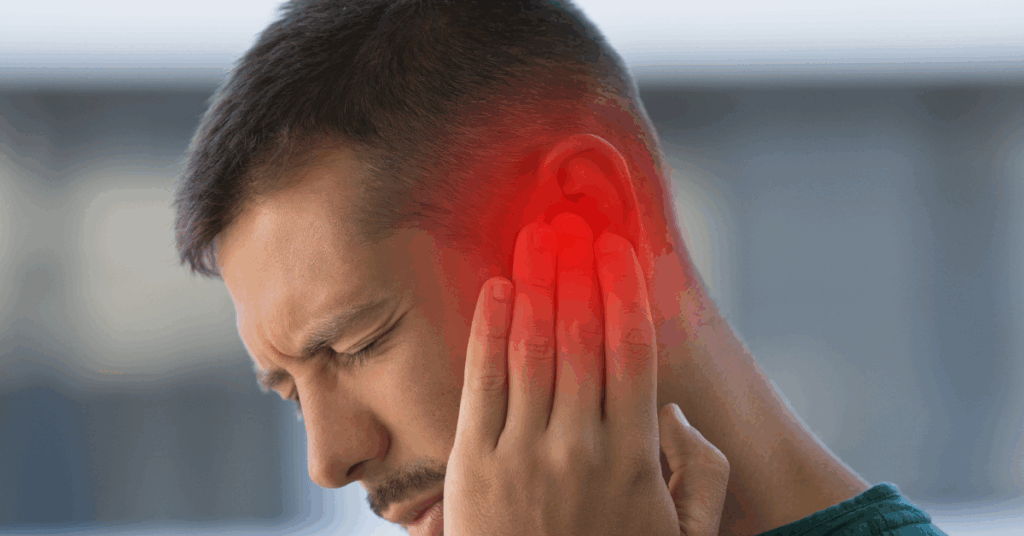FAQs
Which Ayurvedic therapies are recommended for ear pain?
Therapies like Karnapoorna (medicated oil), Karna Dhoopana (herbal fumigation), Pramarjana (cleaning), and Prakshalana (ear toileting) are traditionally used.
What are the common Ayurvedic reasons for ear pain?
Vata imbalance from factors such as swimming, fog exposure, or improper instrument use is considered a key cause.
What causes ear pain according to Ayurveda?
Vata imbalance from factors such as swimming, fog expaVitiation of Vata Dosha due to habits like ear scratching, cold exposure, or injury can trigger Karnashula (ear pain).osure, or improper instrument use is considered a key cause.
What daily habits help prevent ear pain in Ayurveda?
Avoid excessive cold or damp exposure, keep ears dry, and follow gentle cleaning practices without inserting objects.
How can I relieve ear pain naturally?
Using warm or cold packs, gargling with salt water, keeping the head elevated, and the gentle application of herbal oils like ginger or clove (always after expert opinion) may help alleviate the symptoms.
REFERENCES
Swarna, R., Pasha, S. M., & Ahalya, S. (2021). A single case study to evaluate the applicability of Ayurveda treatment protocol in Otalgia w.s.r. to Kaphaja Karnashoola.
Journal of Ayurveda and Integrated Medical Sciences, 6(3), 205–209.
Available from: https://jaims.in/jaims/article/view/1339

Rao, P. (2017). Effect of Ayurvedic management for patients suffering from Otalgia of varied aetiologies.

Rosh, A., & Shekar, V. (2022). An Ayurvedic approach to inner ear diseases.
AYUSHDHARA, 9(4), 106–111. doi:10.47070/ayushdhara.v10i4.1023.



